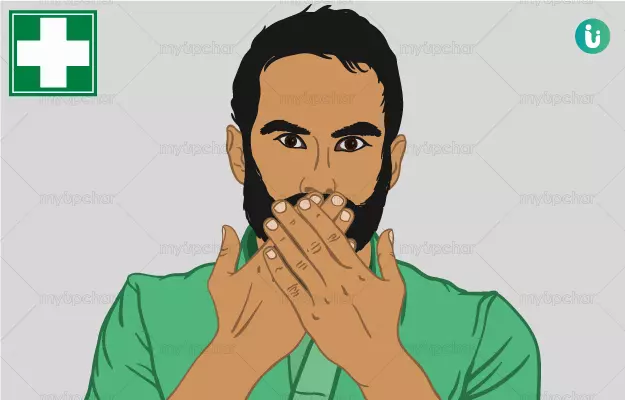Hiccups are nothing more than a reflex action occurring due to a sudden contraction of your chest muscles, mainly the diaphragm and intercostal muscles. As the air enters into your body, your voice box closes suddenly, which leads to the ‘hic’ sound.
Hiccups may occur due to several reasons including overeating and drinking too much liquid at once. More often than not hiccups resolve on their own. The exact causes of such transient hiccups are not well known. However, prolonged hiccups, lasting for more than 48 hours may be an indication of an underlying condition. In such cases, it is best to check in with a doctor at the earliest. However, in most cases, hiccups don’t really point to an underlying condition and can be easily tackled with some easy home remedies.
This article discusses a few such time-tested remedies that work quickly and effectively to provide you with instant relief from this annoying condition.







